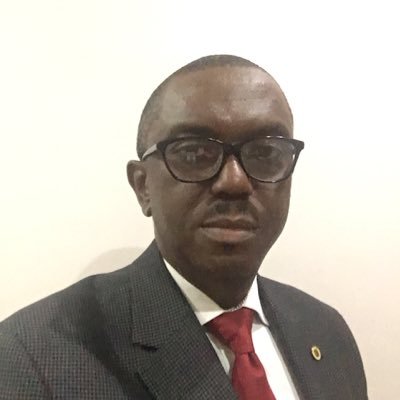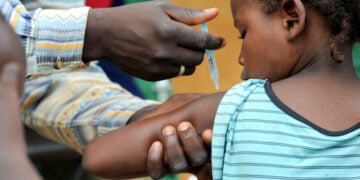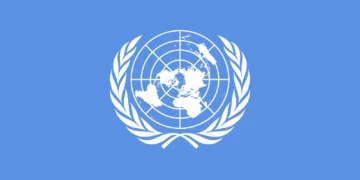The Association for Fertility and Reproductive Health (AFRH) has said more research, improved data reporting, and robust regulation were needed to meet global competitive standards amidst concerns that Africa’s most populous nation lags in the search for solutions to reproductive health issues.
AFRH president Prof. Preye Fiebai made the call at the association’s 14th Annual International Conference, which was themed “Collaborations for Assisted Reproductive Technology (ART) global best practices in Nigeria,” in Abuja.
Identifying research as the foundation of medical progress, Prof. Fiebai noted that Nigeria is lagging far behind in research, stressing the need to partner with global research institutions.
He also called for participation in clinical trials, initiatives and collaborative studies that address infertility from a local perspective in the country, such as uterine fibroids and polycystic ovary syndrome (PCOS), in greater detail.
“We are still far from fully establishing globally competitive standards due to poor reporting of data and absence of robust regulation. AFRH has made modest efforts in this regard but a lot of work still needs to be done.
“Collaboration is the key to accelerating this progress. To elevate Nigeria’s ART to global standards, we must foster collaboration across multiple sectors,” he said.
Prof. Fiebai noted that ART represents hope for millions in Nigeria and beyond, but it is not enough, saying, “To transform this hope into reality, we need collaboration – collaboration between medical practitioners, governments, researchers, and communities.
“By embracing global best practices and adapting them to Nigeria’s cultural and healthcare landscape, we can ensure that ART in Nigeria meets the highest standards and becomes accessible to all who need it.”
He said the promise of ART can only be realised if they engage in partnerships that allow them to draw from the best practices worldwide and adapt them to local content.
The minister of state for Education, Tanko Sununu, said medical provision is a very big provision, and it does a lot for the country.
The minister, who was the chairman of the occasion, noted that the country is highly dependent on agriculture, whereas good health is necessary for productivity.
He said: “We are so much dependent on agriculture as a major and we are working with the industry. You cannot be a strong farmer when your health is impacted, because health is wealth.
“Therefore, it’s understandable to say that it’s a need for us to have a fund, bank, or whatever we think, that we can easily obtain a loan at single digits. Bank of Industry is there, but we also need a special one for the healthcare practice.”





